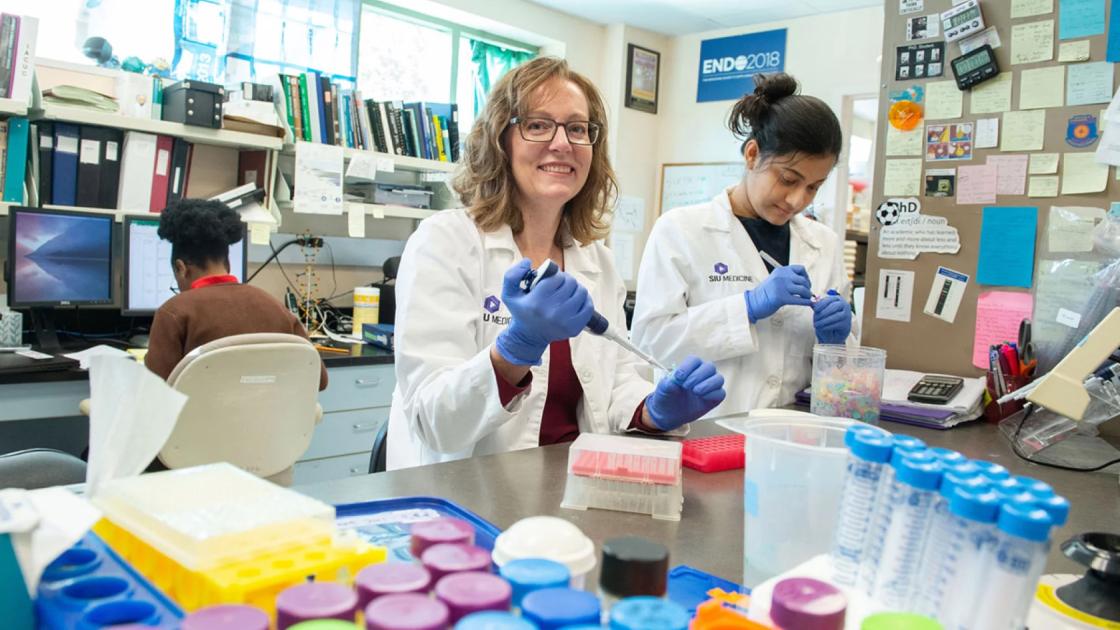Biomedical research is a critical function of academic medical schools. Research efforts at SIU Medicine directly support our mission to improve the health of the region’s population through innovations and scholarly improvements in education, medical care delivery and advances in the diagnosis, treatment and prevention of diseases. These advances directly benefit the patients we serve and transcend borders to benefit health care everywhere.
SIU employs 175 full- and part-time biomedical researchers, pursuing innovative advances in a wide range of discovery, translational and clinical sciences, including hearing loss, Alzheimer’s disease, cancer, women’s health, public health and restorative medicine.
Trainees involved in biomedical research at the SOM include masters and doctoral students from three individual graduate programs, postdoctoral fellows, medical students, residents and clinical fellows. Faculty provide direct opportunities to integrate research within educational experiences, assuring that medical advances will continue to materialize for generations to come.
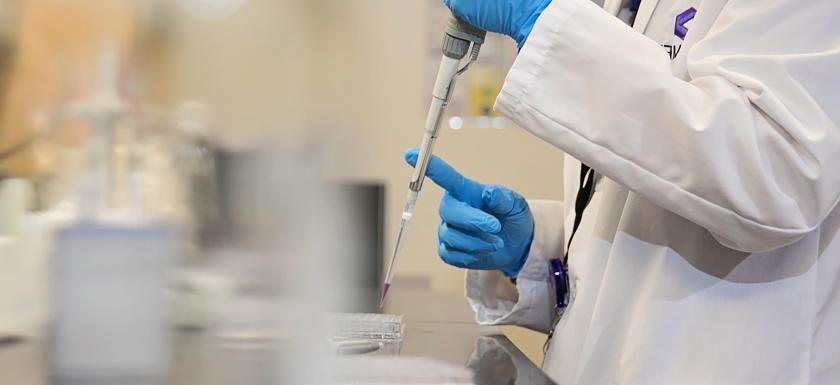
Associate Dean for Research
The Office of the Associate Dean for Research coordinates SIU’s involvement with sponsored programs and establishes and maintains contact with funding agencies, providing them with information about the school’s research needs, interest and capabilities.
Welcome
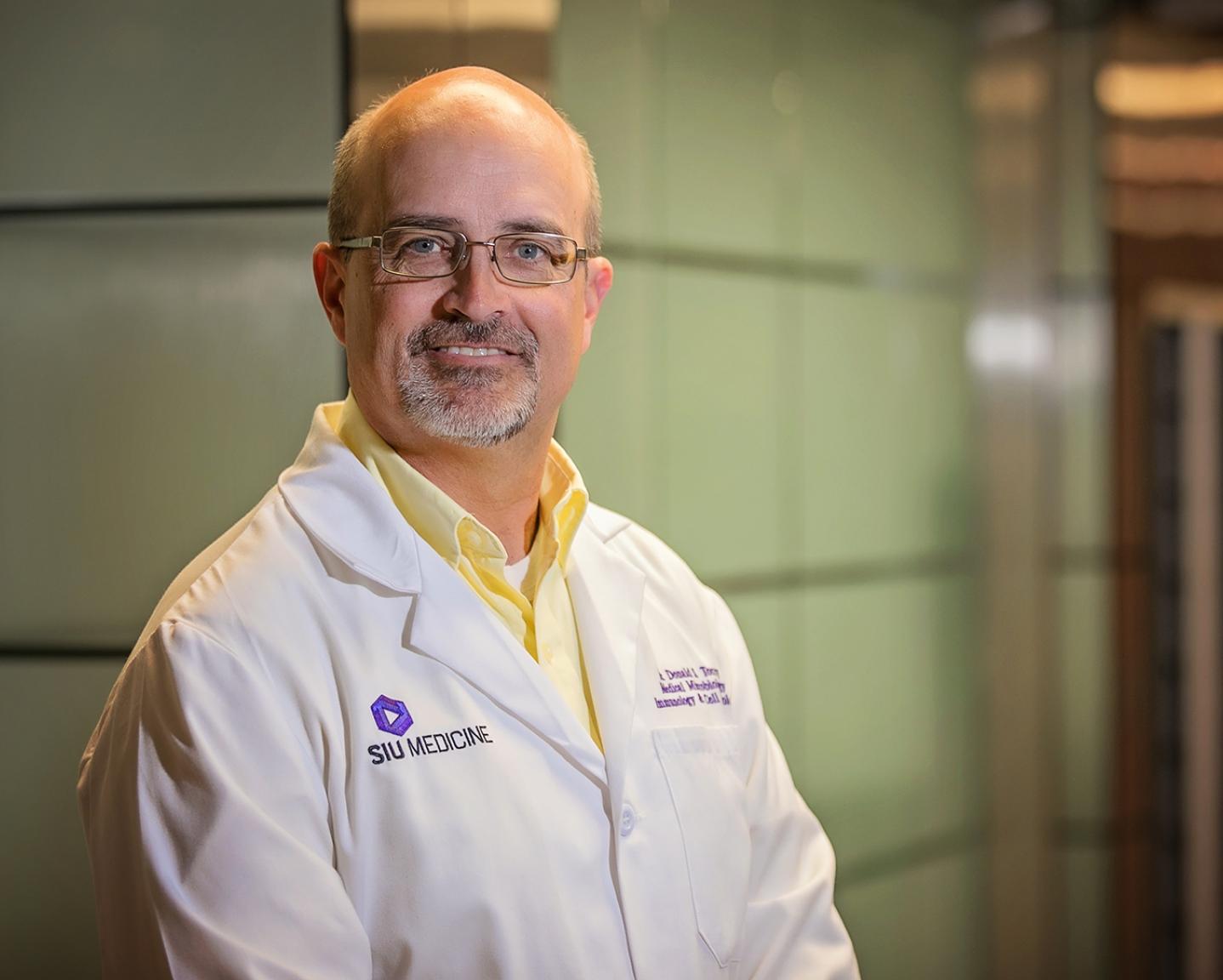
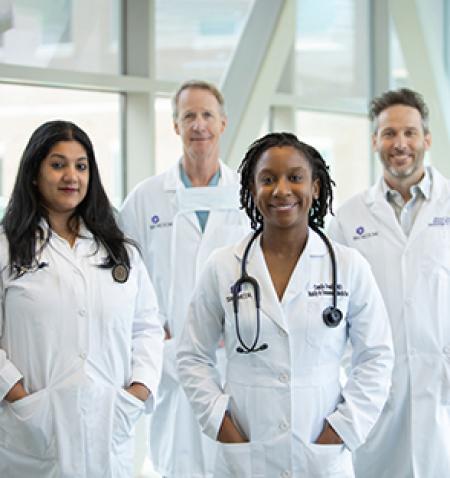
Our faculty
The faculty at Southern Illinois University School of Medicine is focused on educating the region's top physicians, researching new models of care, and providing expert clinical services that address the health care needs of central and southern Illinois.
Associate Dean of Research Offices
Learn more about our teams and all the ways that we are organized to advance treatments, technology and educational experiences.
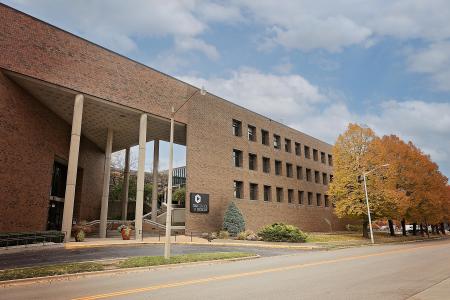
Research is fundamental to better treatments, improved medical care and a healthier world. And it’s a key component of academic medicine at SIU.
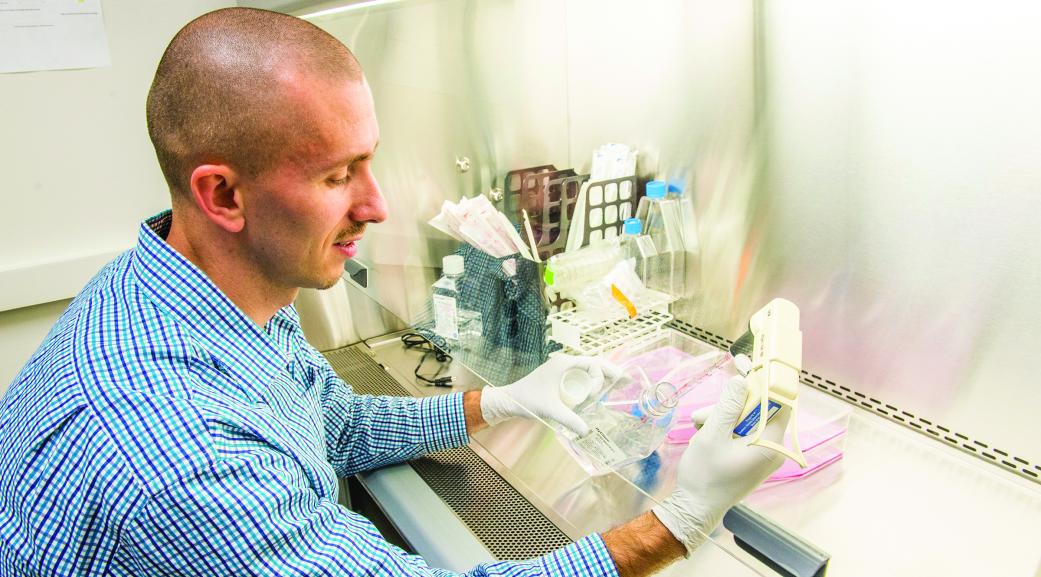
Busy biochemistry lab is mapping virus
A biochemistry laboratory at SIU School of Medicine is sequencing the genomes of SARS-CoV-2 viruses that cause COVID-19 to determine if distinct variants exist in different Illinois communities and specifically in rural versus metropolitan areas.
“We’re looking for the ‘personality’ of the genome, to see how it’s changing over time,” says Keith Gagnon, PhD, assistant professor in the Department of Biochemistry and Molecular Biology. “There are a couple of variants and we need to determine which is the most dangerous. Based on what we learn, we can tell the virus’ point of origin, whether it’s similar to an outbreak in Chicago, or New York or Italy. We can also see if it is mutating, to see if a new version is emerging.”
Latest articles
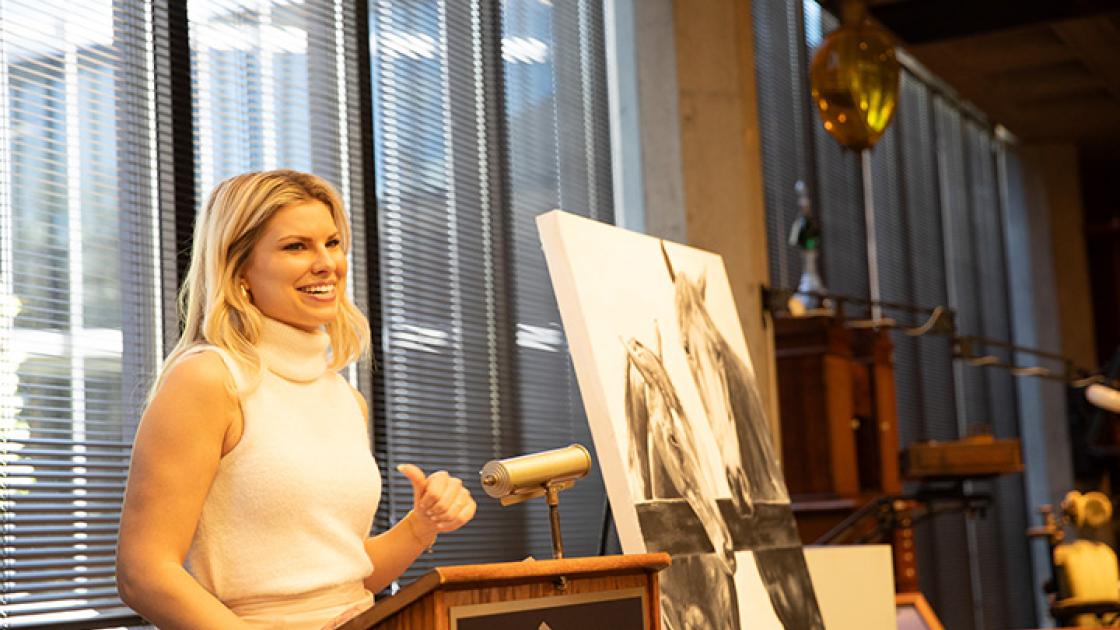
Medical school community displays creativity in 2024 Scope
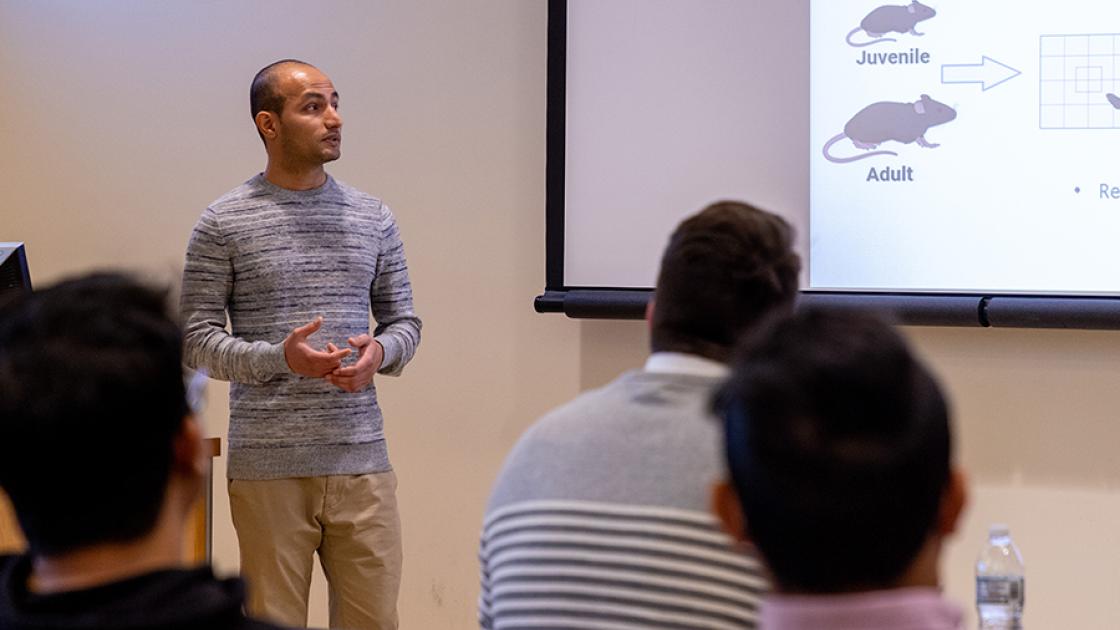
Pharmacology grad student wins SIU 3-Minute Thesis competition
